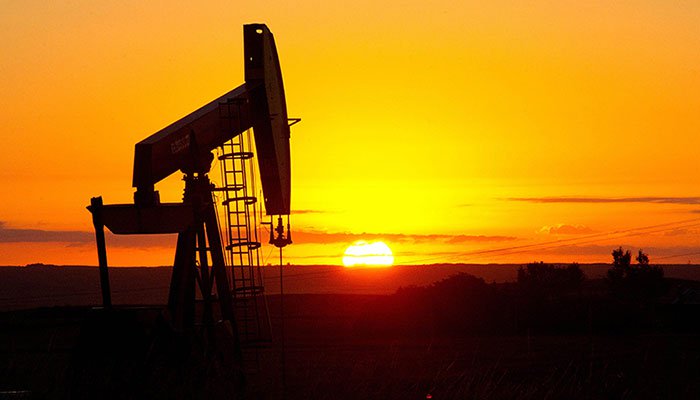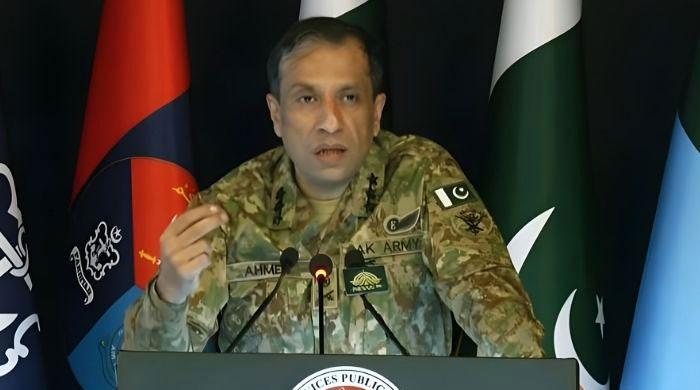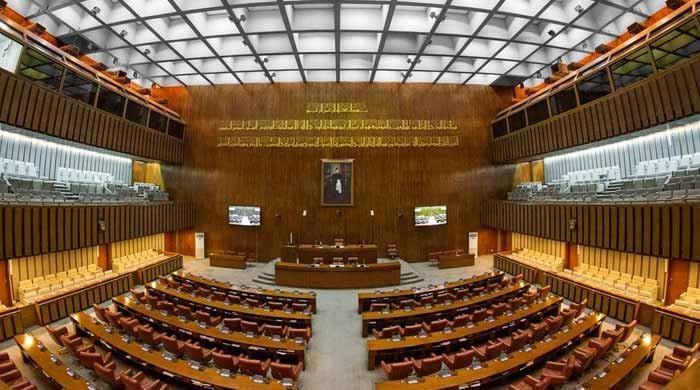Will attacks on Saudi Aramco affect oil prices in Pakistan?
Pakistan imports 80% of oil it needs from Arab countries
September 19, 2019

Earlier this week, armed drones carried out several attacks on oil facilities in Saudi Arabia, hitting the factories of Saudi Aramco, the largest oil producer in the world.
The full details of the damage in the factory located in Baqir have not been revealed, but authorities say it was targeted by eight armed drones. Saudi Arabia and the United States blame Iran for the attacks.
The attacks come as Aramco prepares to go public in possibly the largest initial public offering in the world, and Saudi authorities are scrambling to keep oil production at normal levels to offset push-back of the attacks.
Saudi Arabia is one of the largest oil producers in the world, and quite possibly the largest exporter of crude oil. If the oil supplies of the Arab country is hit, the reverberations would be felt worldwide.
In light of the alarming increase in the prices of everyday items in Pakistan, people are worried about the impact this attack might have on oil prices in Pakistan.
According to a report published by news website BBC Urdu, Pakistani officials are cautious about giving direct answers to this question, but do concede that the attacks could affect Pakistan.
A senior official in the petroleum ministry in Islamabad has told BBC Urdu that Pakistan imports most of the oil it needs from the Gulf states, and any disruption in that supply could have dire consequences.
One of the first effects of trouble would be an increase in oil prices in the country. Since the country imports at least 80 per cent of its oil from Saudi Arabia and United Arab Emirates, disruption would hit that supply.
Additionally, if Iran cut off oil supplies from the Strait of Hormuz, it would affect Pakistan more than any other country. Iran is also among the largest oil producers in the world.
The proximity of Saudi Arabia and UAE to Pakistan means that the cost of importing oil from the Gulf is significantly lower for Islamabad than importing from Europe or African countries. However, that could soon change.
In case of a conflict in the Arab world, Pakistan could be forced to look for alternatives to meet energy needs. If that happens, oil prices would be increased dramatically.
A spokesperson for the petroleum ministry is more optimistic about the recovery of the Saudis after the attacks on Aramco. He told BBC Urdu that Saudi Arabia would soon take charge of the situation.
The Oil and Gas Regulatory Authority of Pakistan determines the prices of oil based on a fomrula presented by the government which has not been shared with the public.
"We cannot tell the media anything about oil prices," an OGRA member said recently. "We increase or decrease prices according to the formula that the government announces."









